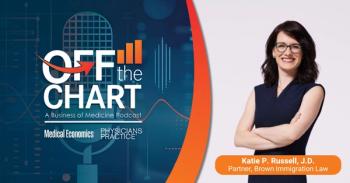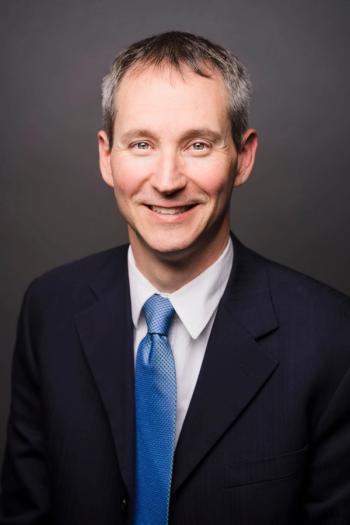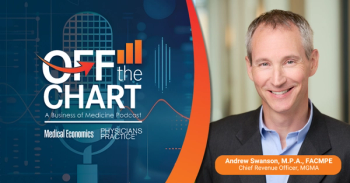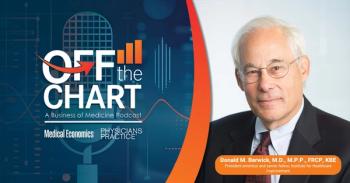
Influx of Medicaid Patients Could Have 'Negative' Impact on Practices
Thanks to the Affordable Care Act, physicians can expect to see more Medicaid patients, but not necessarily more reimbursement.
Though the Medicaid payer that emergency physician John Kulin participates with is timely in its payments, the rates aren't as high as commercial carriers' rates, so his practice barely breaks even.
Come 2014, when the Affordable Care Act's Medicaid provision takes effect, he doesn't expect things to be any easier. With the provision comes the requirement that states participating in Medicaid cover individuals who are up to 133 percent above the federal poverty level (or $30,564 for a family of four). That's an estimated additional 17 million more Americans. (The Supreme Court has ruled that states don't have to expand their own Medicaid requirements as a condition of participating, and some states are refusing.) And while the federal government would pick up all healthcare costs for the first few years for those additional Medicaid patients, and 90 percent of expenses after that, Kulin doesn't see it as a lucrative prospect.
"It's potentially a negative for us at this point," says Kulin, the urgent care director at Shore Medical Center in Somers Point, N.J. "I do expect our percentage we're seeing on that Medicaid product to go up, and that will be a detractor to our bottom line. We participate almost as a community service to treat people in our community who are involved in that."
Over the long haul, many physicians may decide to drop Medicaid altogether, says P.J. Cloud-Moulds, a billing and collections specialist who works with physician practices.
"What I see happening is the small physician offices are going to go out of business because they won't be able to accept $40 …for a payment in full for an entire visit," says Cloud-Moulds.
While an immediate solution is not evident, practices may consider taking a smaller portion of Medicaid patients as part of their payer mix. Others may consider dropping the program altogether - or take more drastic measures.
"There [are] some practices I know that have gone to cash-based only; they don't accept any insurances," says Cloud-Moulds. "They're not thriving, but may be a better strategy."
Newsletter
Optimize your practice with the Physicians Practice newsletter, offering management pearls, leadership tips, and business strategies tailored for practice administrators and physicians of any specialty.













